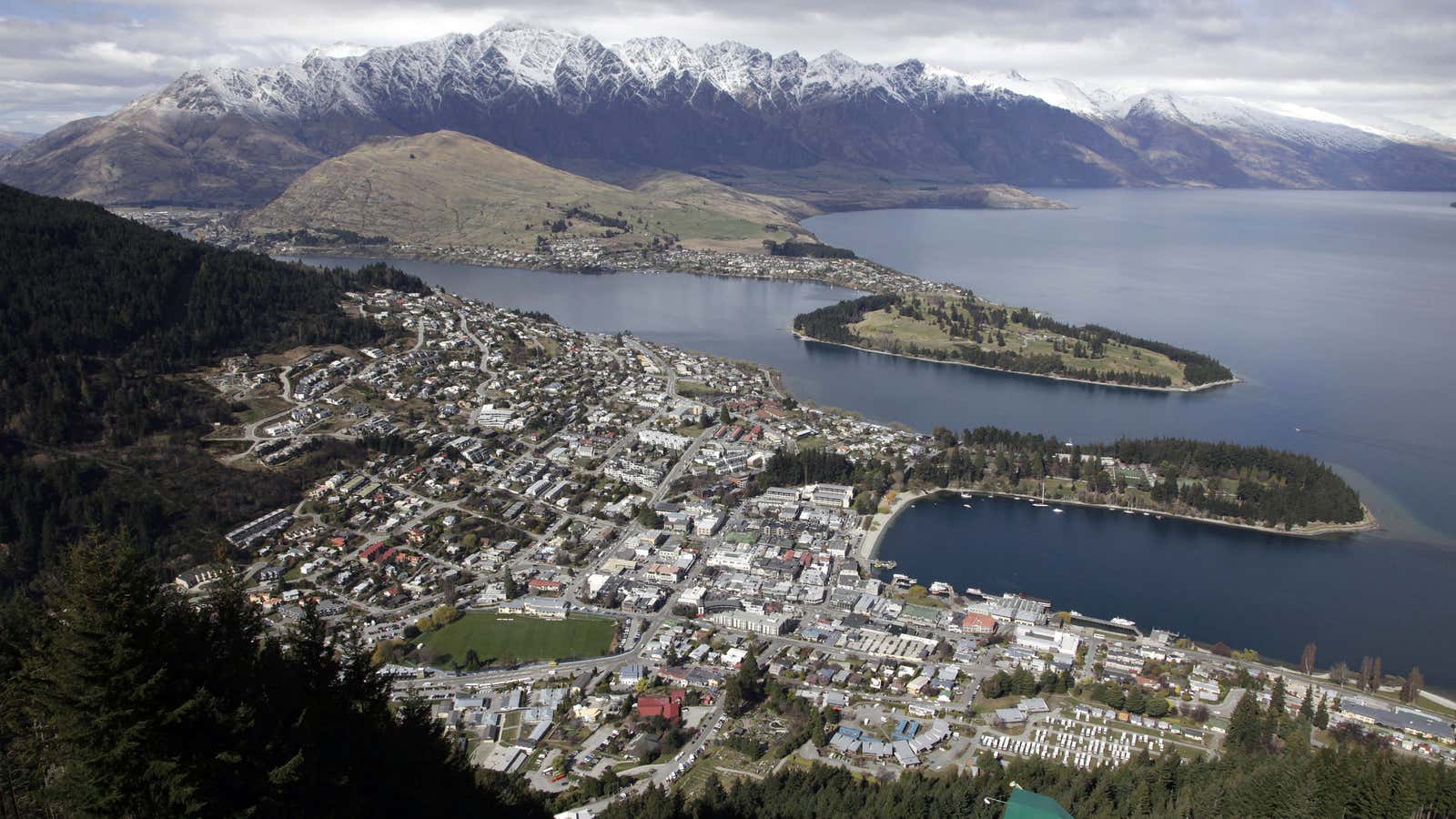Beijing hasn’t been a pleasant place to live recently, due to choking smog so bad that it has been likened to nuclear winter. But unlike many big cities around the world, Beijing’s municipal government controls its own infrastructure company, the Beijing Capital Group, which means it can do things like splash out $798 million to buy New Zealand’s biggest waste management company.
The waste business, currently owned by Australia’s Transpacific Industries, has 200,000 customers and controls five of New Zealand’s seven major landfills. But what really interests Beijing is its expertise in combating chronic pollution. The Chinese government has promised to invest 1.7 trillion yuan ($277 billion) in combating pollution over the next five years, particularly around Beijing, Tianjin, and Heibi province.
But no matter how much money the government throws at the problem, pollution is almost certain to get worse. Most of the air pollution in and around Beijing is caused by power, steel, cement, and brick production. As highlighted by the Wall Street Journal (paywall) and research firm Gavekal Dragonomics, meeting the government’s pollution targets would require a 10% decrease in coal consumption over the next four years. In fact, coal consumption has been on the upswing, rising 2.5% last year even as authorities moved to improve the situation.
Water is an equally pressing problem. Half of China’s rivers have disappeared since 1990, and coal and power generation use up about 17% of the country’s total water supply.
Buying up expertise and technology in waste management certainly isn’t a bad idea; New Zealand’s second biggest waste management company, Envirowaste, was acquired by Hong Kong’s Cheung Kong Infrastructure Holdings last year, for $409 million. But as long as China’s factories keep humming, no amount of Kiwi expertise will give the country anything remotely resembling New Zealand’s sparkling clean air and water.
